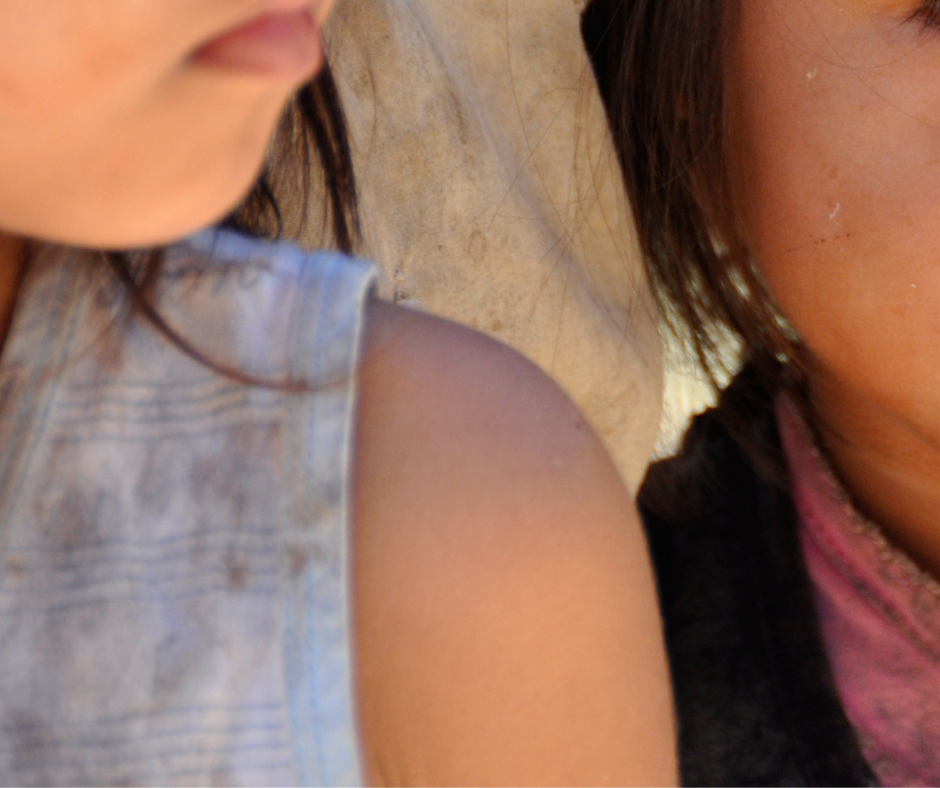The increase in internet usage in Cambodia has brought attention to the need for the local police to increase their skills in order to appropriately respond to Online Child Sexual Exploitation reports. APLE has adapted to the changing modus operandi of child sex offenders by providing police with additional training that includes topics related to child online offending.

Kunthea (name changed) is a 15-year-old girl living in Phnom Penh living with her family and studying at a private school. Her living situation in what is considered a low-risk environment. However, due to the Covid19 pandemic, Cambodia’s government intermittently ordered schools to close. The closures have occurred since March 2020, forcing many educational institutions shift to online distance learning.
Kunthea’s teacher, a Cambodian man, took advantage of this situation and started to groom her via Instagram. As he gained more trust from the girl, the relationship became more intimate. He started to request nude pictures of her. He also asked her for large amounts of money in different occasions.
Her parents found out about the abuse and reported the crime to APLE. APLE conducted the preliminary information-gathering and referred the case to the anti-human trafficking and juvenile protection police who used to participate in APLE’s training on this issue. The police investigated the case, collected evidence, and arrested the man. Kunthea was then monitored and supported by APLE’s social workers and lawyers.
On December 2020, the Phnom Penh Municipal Court sentenced the 27-year-old man to 2 years of imprisonment.He was ordered to pay $30,000 in restitution as well as a 10 million Riel compensation (approximately $2,500) to a girl victim.
APLE Cambodia was established in 2003 as a Non-Governmental Organisation (NGO) that is dedicated to the protection of children at risk of, or affected by, sexual abuse and exploitation. Since its establishment, APLE has gained expertise and trust by the national government in the area of criminal justice through assisting law enforcement with investigations into cases of child sexual exploitation, particularly those committed by transnational sex offenders.
With its current 5-year strategic framework, APLE is implementing 4 key intervention programs including Policy and Legislation; Criminal Justice Development; Victim Support and Assistance; and Community, Industry and Media Engagement, with the aim to strengthen national social and legal systems for the protection of children. To achieve its overarching goal, APLE commits to working in partnerships with high levels of national government, law enforcement, other civil society organisations, and private sector.
Key achievements in recent years
Through its consistent effort over the last 5 years, APLE has now seen significant progresses towards change in system and attitude of the criminal justice actors regarding child-centered investigation system and practice when responding to child sexual exploitation cases. This change was seen as follows:
APLE has been delivering a series of skill trainings that aim to promote the use of child centred investigation methods. In the last 3 years, over 600 specialised police officers have benefitted from these capacity development opportunities and demonstrated their increased understanding and skills to apply child centred methods in their investigations.
Moreover, APLE has witnessed remarkable change in not only the skills, but also the attitude of police officers conducting child sexual abuse investigations. First, we saw that, in more and more cases, police focused on victimized children than their own operations. Second, we witnessed that police behaved more child-friendly towards young victims and used techniques that put the child’s best interests first when interviewing children. Third, we found that police had a much better understanding and improved practices when it came to organizing support packages for child victims during their investigations; and last but not least, we saw that police increasingly adopted a multi-disciplinary approach by working with the different stakeholders such as social workers, psychological specialists, child advocates, health professionals, etc. to coordinate the best possible support for child victims.
Since 2019, APLE worked with the Cambodian national police to establish a total of 7 child friendly interview rooms within several police stations across the country and lobbied the police to always use the room for interviewing children. The biggest success of this development was that more than 75% of interviews with children by police were now conducted using these rooms. Over 700 children affected by sexual exploitation and other forms of violence benefited from the use of child friendly interview rooms made available by APLE.
To promote the most sustainable change, APLE advocated for child centred approach to be incorporated into the national training curriculum. In 2020, the Police Academy of Cambodia (PAC) agreed with APLE and embedded the topics around Child Centred Response Methods into the training curriculum. Further, APLE supported the development and implementation of Training of Trainers program for police, using the approved curriculum. Up till now, no less than 300 police officers have benefitted from participating in this program.